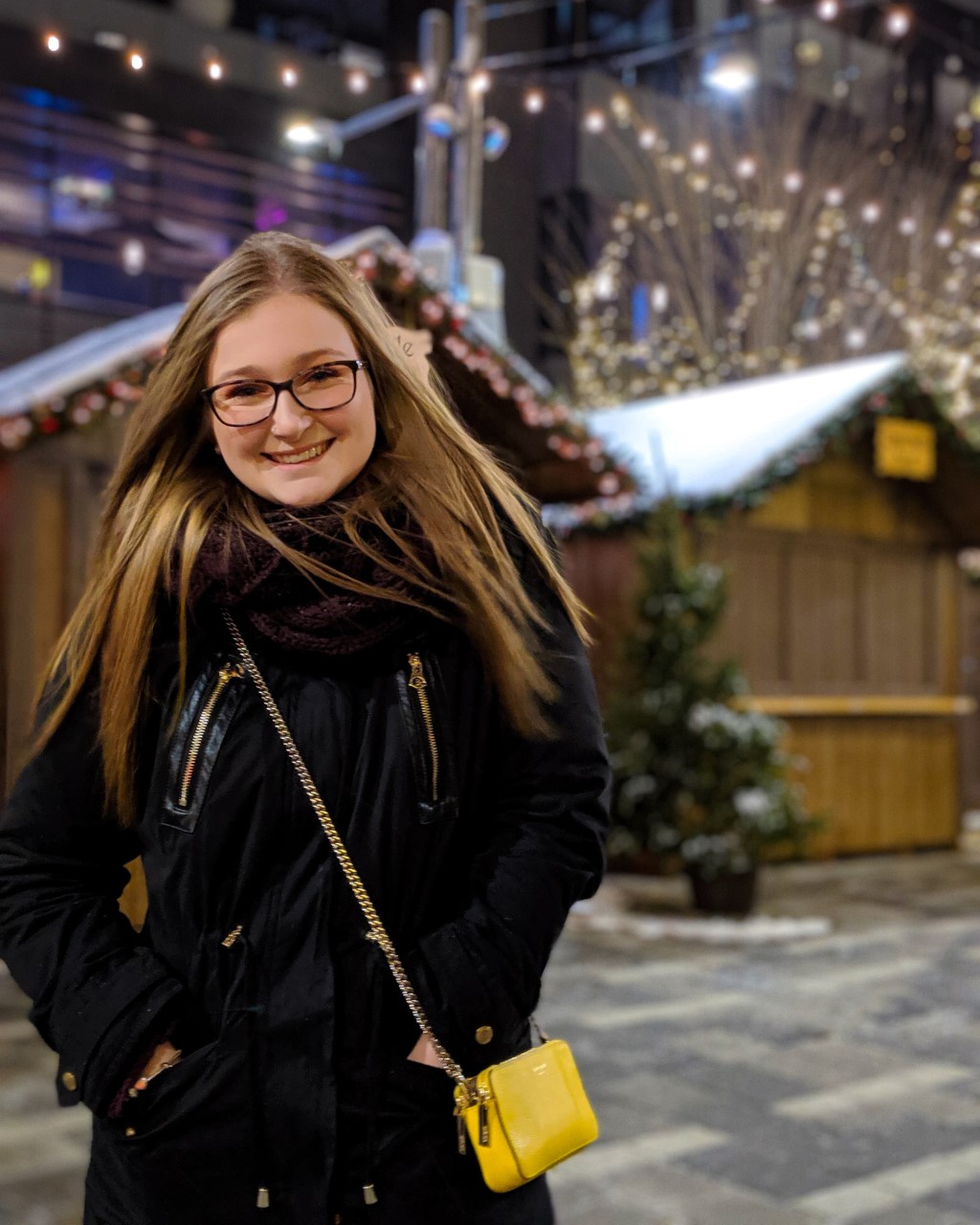For students who are applying to college specifically for a hands-on, in-person and technical learning experience, seeing schools transition to a completely online platform may be their worst nightmare.
That’s exactly what happened to Dayna Sandell, 20, a transfer student from Carleton University’s psychology program.
“I am a very hands-on learner which is part of why I transferred from university to college,” Sandell said. “But now, I can’t get the hands-on experience I was looking for from behind a screen.”
Sandell waited out the fall term 2020 and applied to practical nursing and social work at Algonquin College for the winter term, which also went remote due to the COVID-19 pandemic.
“I felt caught between a rock and a hard place with making the choice of going back to school in-person because I want to be safe,” she said.
Algonquin College president Claude Brulé announced in an email on Nov. 17 that in-person classes would be suspended until June 30, 2021.
“Our current model of limited on-campus and primarily remote course delivery is anticipated to continue through the Fall of 2021.” Brulé wrote. “However, we remain hopeful and prepared to expand on-campus offerings, pending any changes with the pandemic and public health guidelines.”
The issue some students are facing is that online learning is not for them. Common theories, such as the VATK inventory and Kolb’s learning inventory, suggest that every individual has a unique learning style based on their innate preferences. The Algonquin College website refers to these theories on their website tools.
The VATK theory separates learners into four categories of learning styles: visual (learning through watching, visualizing, colours and graphics), auditory (use of language, verbalization and sounds), tactile (hands-on, physical touch and manipulation) and kinaesthetic (learning in a physically active, practical manner such as role-playing scenarios).
“I would say I’m a mix of a visual learner and a tactile learner,” Sandell said. “I need to see how to do things and then have the opportunity to do them myself to learn.”
Her plans of pursuing education in the fall of 2020 are now being postponed to winter 2022 if programs return to campus by then.
“It’s delaying the speed in which I originally intended on things to happen for me,” Sandell said. “But I believe everything happens for a reason and it won’t hold me back from growing as a person.”
Sandell’s parents’ success as adult learners is keeping her hopeful that this delay will not take away from her achieving her goals.
“My parents both went back to school when they were adults and now they have careers they love,” she said. “I believe them going back to school after having had life experiences allowed them to be more understanding of the concepts being taught and be more serious about their education.”
Remote learning can be a challenge for all types of learners, as the in-class experience is not the same as the virtual one. Despite these challenges and changes, Sandell remains positive.
“I am willing to wait as long as I have to. In the meantime, I have a good job and I am still young,” Sandell said.
“It’s not holding me back in life because plans change, life happens, and that’s ok. I have all the time I need.”


